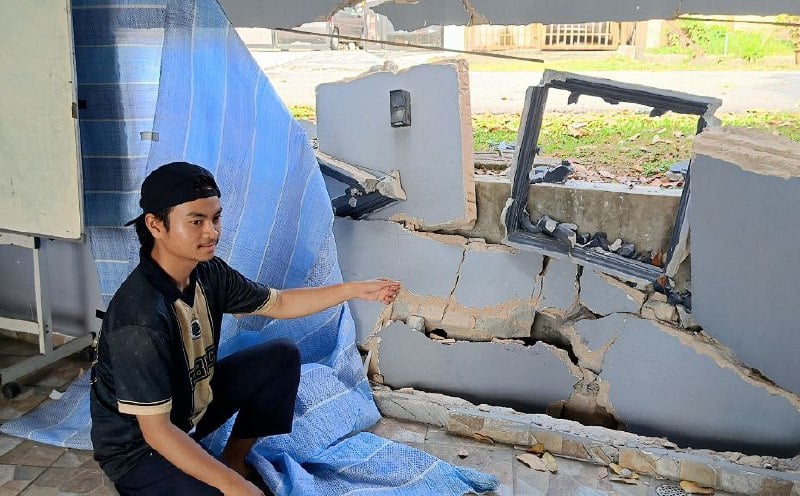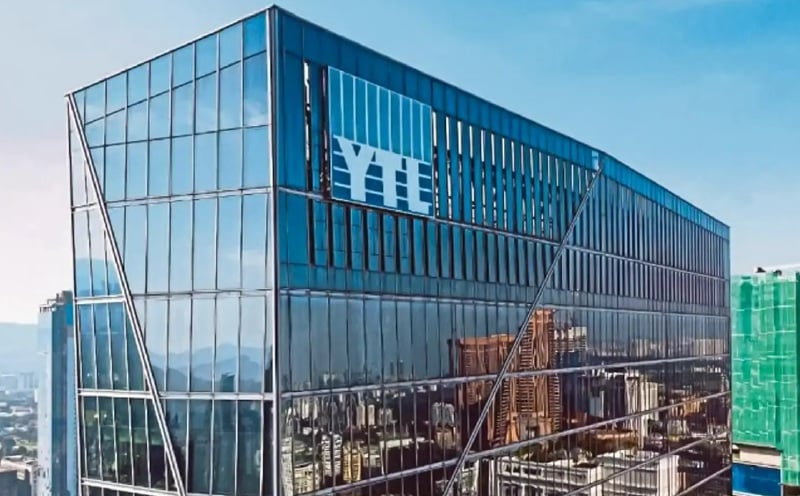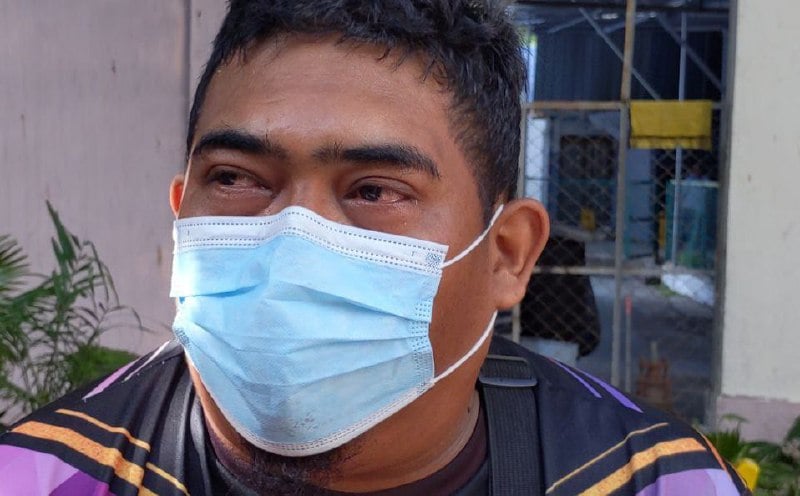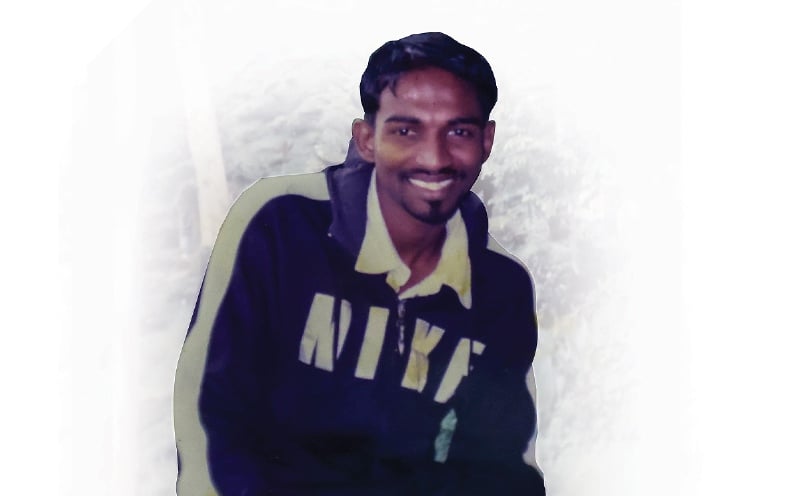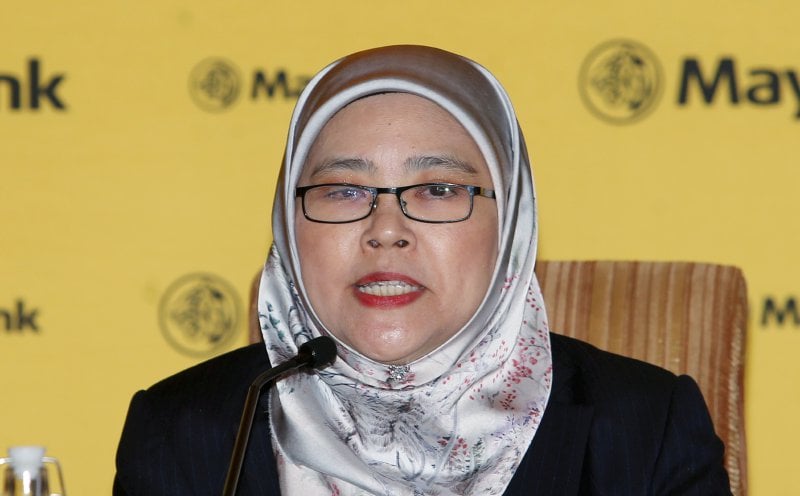YES, we now can already travel for Japan with no needs to do an on-arrival PCR test and quarantine too.
But… (yes, there's a but) Travellers still have to go under a guided tour package, organised by any Japan-based operators.
Despite the limitation, there's a plus side.
Imagine this, all the tourist hotspots won't be as crowded as they usually were.
So, this is definitely the best time to travel to the Land of the Rising Sun.
Here are some of the rare Japanese destinations that coincidentally are Muslim friendly too.
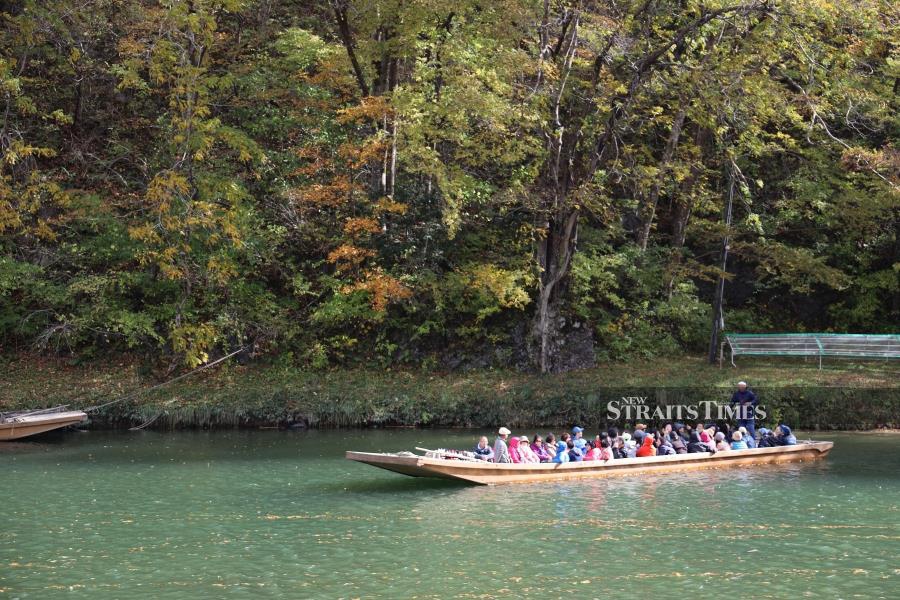
MORIOKA, IWATE
Located in the Tohoku region of Honshu, Japan's main island, Iwate is the second largest Japanese prefecture.
Iwate is famous for its local specialty, Wanko Soba which is a unique way of eating Japanese soba noodles steeped in flavorful broth in small bowls.
Servers will continuously bring out another serving (in a new bowl) when you finish your current one, until you call for a stop by placing a lid over it and saying "Maitta!"
If you want to try it out, you can visit Azumaya Soba Shop in Morioka, the capital and the largest city of Iwate.
The shop offers Muslim-friendly version of the experience using seafood-based broth (only in
specific outlets, with advance reservation at https://wankosoba.jp/en/wankosoba/).
Iwate prefecture also has the Geibikei Gorge, a very famous tourist spot with Muslim-friendly facilities.
There, you can try the "Flying Dango", where dango (traditional Japanese dumplings) are flown to customers across the gorge in small baskets.
Fresh dango are made only from plain glutinous rice flour, however Muslims are advised to consume which of the toppings available at their own discretion.
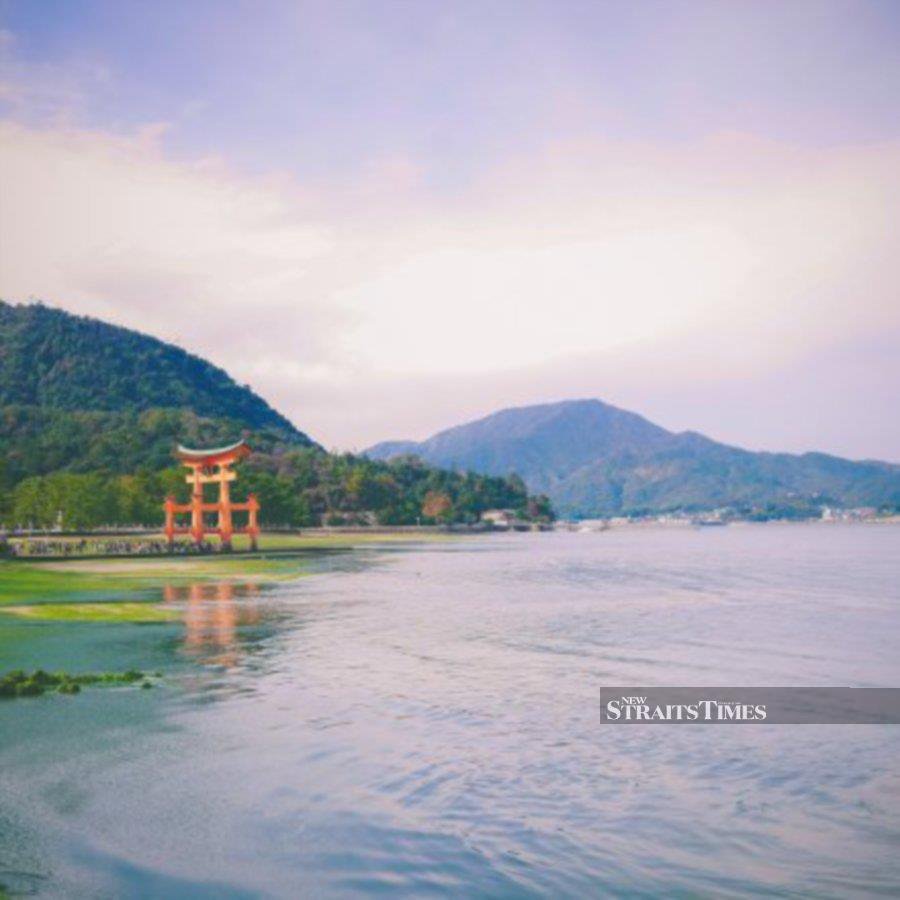
MIYAJIMA, HIROSHIMA
Hiroshima is one of the mostly known historical destinations in Japan, but it is more than just that.
Head to Miyajima (also known as Itsukushima) to try out Momiji Manju, a local specialty snack of Miyajima.
It is a small red bean paste-filled sponge cake shaped like a Japanese maple leaf, often considered (although not officially announced as) a symbol of Hiroshima.
Historical local brand Yamadaya had announced in 2016 that their Momiji Manju has obtained Halal status.
Alongside getting Momiji Manju as a souvenir, visitors can also visit the famous floating Itsukushima Shrine and its Grand Torii gate, which is due to reopen after renovations at the end of 2022.
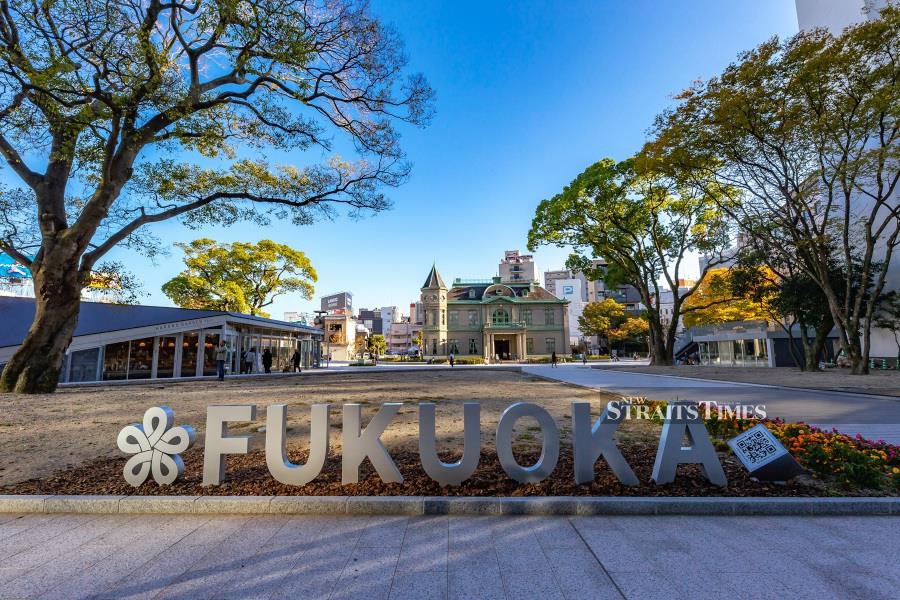
FUKUOKA CITY, FUKUOKA
Up for a hot pot dish? Well, Fukuoka prefecture is famous for Motsunabe, a Japanese hot-pot dish specialty mainly consisting of beef/offal, cabbage and seasoned broth.
You can try it out at Kiwamiya which offers Muslim-friendly menu uses meat certified by the Fukuoka Masjid.
Fukuoka also has Nokonoshima Island, a day-trip destination known for its year-long seasonal flower blooms that take up fields covering the island.
Fukuoka City is a modern city said to have a more relaxed atmosphere compared to Tokyo, Osaka, etc, and is also the gateway to other major cities in the Kyushu region.
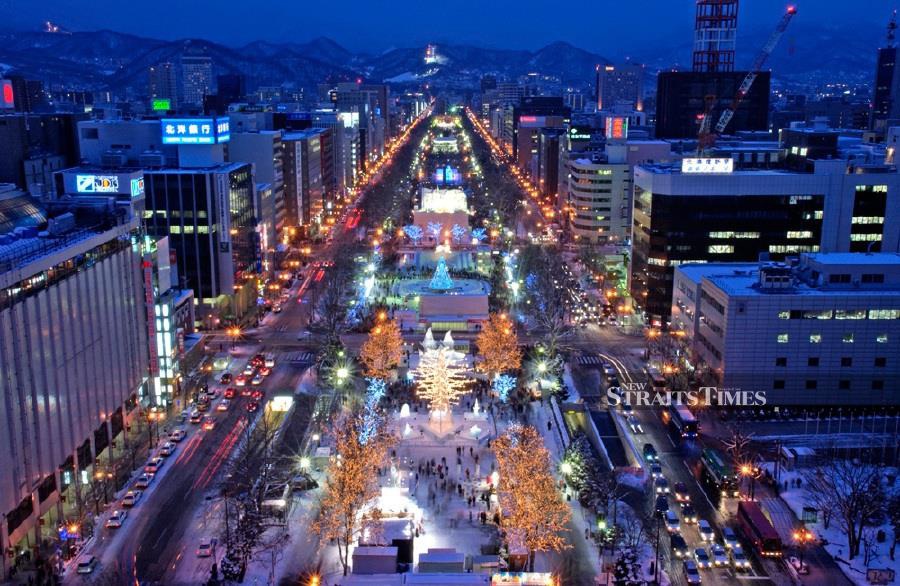
SAPPORO, HOKKAIDO
Located further up north, Sapporo in Hokkaido is one of Malaysian's favourite destinations especially during colder seasons.
There, you must try the Seafood Donburi. Donburi is more a Japanese dish type than a local specialty, but the seafood donburi using Hokkaido's fresh produce is the unique selling point.
It is a simple dish of rice topped with the best seafood of the day, or of your choice.
Nijo Market in Sapporo has over 100 years of history, and acts as a point of collection for fresh seafood from all over Hokkaido. You can also get Hokkaido's famous Yubari melons here.
Donburi Chaya is one such restaurant specializing in seafood donburi from the market itself. They have announced a Muslim-friendly policy, so check it out!
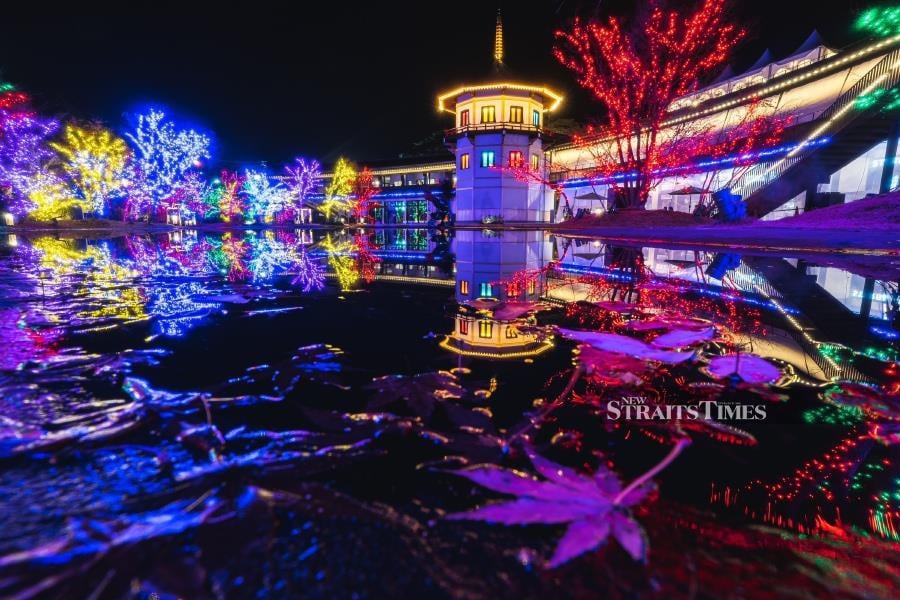
SHIROISHI, MIYAGI
At Shiroishi City in Miyagi prefecture, north of Tokyo on the east coast of Honshu island, you can try out Shiroishi Umen.
It is a traditional 400 year old noodle dish, made without any oil and is characteristically short. Rather lesser known than ramen, soba and udon, but with a distinct texture and just as delicious.
It directly translates to warm noodles. The noodles can be served in a variety of broths.
Hikarian, a specialty restaurant in Miyagi has prepared menu options that are Muslim friendly.
Also in Shiroishi, there are tourist spots like Zao Fox Village and Shiroishi Castle where you can experience wearing samurai armour.
Zao Town, where the Zao Snow Monsters are, can be seen from the castle and is also a short trip away.
For more info, visit https://muslimguide.jnto.go.jp/eng/



